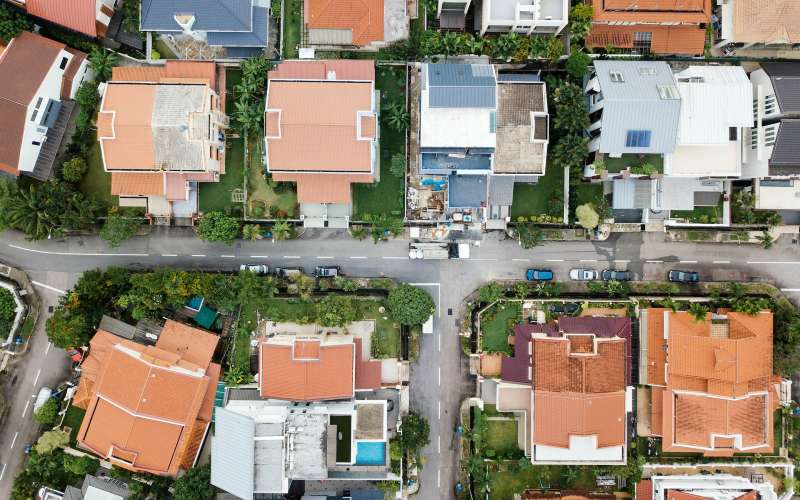In 2023, housing affordability in Australia further declined, driven by a surge in both home loan interest rates and rental prices, making it increasingly difficult for renters to save for home loan deposits.
A report by ANZ and CoreLogic found saving for a 20% deposit for an average home loan now requires an average of 9.7 years. This is pushing back the average age of a first homeowner to 36.
Home prices hit new records in many areas in late-2023, completely reversing the downtrend seen from mid-2022.
There's also been decade-low pace of building new homes in Australia, according to the ABS' recent building activity data.
Researchers at the School of Banking and Finance in the University of New South Wales Business School are offering some advice to help first home buyers crack the market.
They advise it’s crucial that first home buyers have saved a sufficient deposit.
Even before they are ready to buy, prospective buyers should also be well informed about the market so they can identify periods of reduced housing prices and identify opportunities.
“A good time to buy is after people have built up savings, when interest rates are low and when house price growth is cooling,” Dr Nalini Prasad said.
Will home prices materially decline again?
From a peak in mid-2022, prices declined up to around 10% largely in cahoots with RBA cash rate rises; however this trend started changing in early 2023 as low supply and low listing activity became a more persistent force.
Research Professor Peter Swan says housing prices are very much dependent on the wider economy and exceedingly hard to predict.
As it stands, the last annual inflation figure was 5.4% at the end of the September quarter. Indicators suggest it will drop from that level but it’s still well above the Reserve Bank of Australia’s target range of 2-3%.
Professor Swan says if the RBA continues to raise the cash rate, combined with a fall in new migrant arrivals, then Australia may see a decline in house prices.
However, he says persistently low housing supply makes it unlikely there will be substantial price falls in the near future.
How to identify when the time is right
Professor Swan warns first homeowners need to be wary of buying into a rising market with a combination of high inflation and rapidly-rising interest rates, such as Australia saw last year.
“(This) combination may lead to recession and rising unemployment,” Professor Swan said.
“Vulnerable first home buyers may be squeezed and unable to meet their repayments with their property being repossessed.”
He said this scenario played out during the Global Financial Crisis in 2007-8.
Professor Swan advises first home buyers to purchase in more stable markets with the absence of inflation and lower prospects of a recession.
How does the current market stack up?

Recently there has been an uptick in first home buyers entering the market; there were nearly 12,000 first home buyers in November, up from lows of less than 7,400 in January 2023.
First home buyers in November borrowed nearly $6.2 billion, not far off the record highs seen in January 2021 (just under $7 billion).
Brisbane-based buyers agent Lauren Jones (pictured above) said more of her clients are first home buyers fed up with the rental market.
"Challenging rental conditions are pushing many of them to try to buy their first home sooner than they might have planned, but then they get confronted with a property market where, again, the odds are stacked against them," Ms Jones said.
“My advice for those moving from renting to buying is to give yourself a longer timeframe than you may expect. It’s also important you get a pre-approval, so you can move fast and make a serious offer when you find a property you like."
Photo by Chuttersnap on Unsplash

Ready, Set, Buy!
Learn everything you need to know about buying property – from choosing the right property and home loan, to the purchasing process, tips to save money and more!
With bonus Q&A sheet and Crossword!

